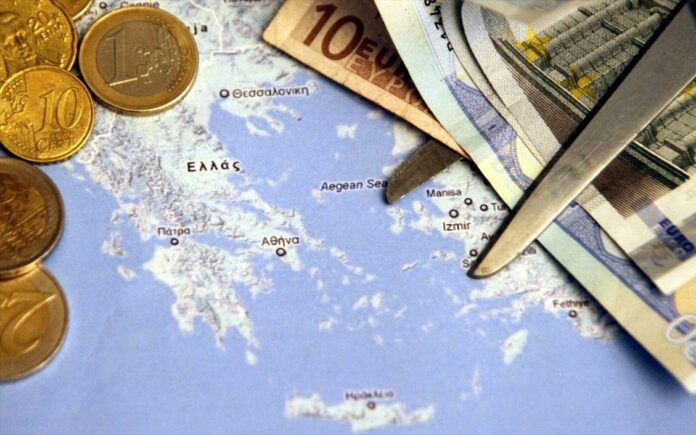By Vassilis Kostoulas
[email protected]
@VasKostoulas
The latest theme repeated by the Greek government over the recent period, amid in its often thorny negotiations with international creditors, is that without a lessening of the public debt there are no real prospects for attracting major investment to the recession-plagued country.
In the all-important sphere of financial semantics, the current government has avoided words like “write-off” or “haircut” and uses terms such as “lessening” and “reducing” the debt burden.
The question remains, however: Is the high level of Greece’s sovereign debt an obstacle to attracting investment?
Indices measuring a country’s competitiveness – often a “gold standard” for attracting DFIs – do not measure the role played by the public debt, although general references are made when discussing a country’s macroeconomic environment. The latter references, however, don’t figure prominently on a list of priorities for gauging a state’s competitiveness.
The most negative factors for implementing an investment plan in Greece, specifically, are found in a table presented in a report on Greece at the World Economic Forum between 2015-16.
The momentous factor that led to Greece’s exclusion from market borrowing in 2010 was the shocking revelation that the country’s annual budget deficit would reach an Olympus-sized 37.5 billion euros for the previous year. Of course, deficit financing is mostly generated through borrowing, which would essentially mean that it also makes the public debt’s prospects gloomier.
While on the one hand, the Greek public debt at the time was already hovering at levels above 100 percent of annual GDP before 2009, on the other hand, Greece’s membership in the Eurozone common currency essentially guarantees that the country’s debts will be paid off – in this case with the contribution of the country’s partners in the Eurozone, but under the strict condition that Greek governments will adhere to balanced budgets.
What does Greece pay for its public debt in comparison to other countries?
Annual payments of debt interest by Greece are not the highest in Europe. In 2014, these payments reached 4.3 percent of GDP of ΑΕΠ, in other words, lower than in Spain, Portugal and Italy.
Can lessening the debt boost investments in the country?
A bevy of financial analysts have gone on the record to state that a series of reforms and restructuring – such as a complete overhaul and the de-politicization of Greece’s public sector — along with faster legal and judicial proceedings, the establishment of a long-delayed land registry (cadastre) and the continued liberalization of markets will do far more to transform the still shrinking Greek economy into a more productive and viable model.














